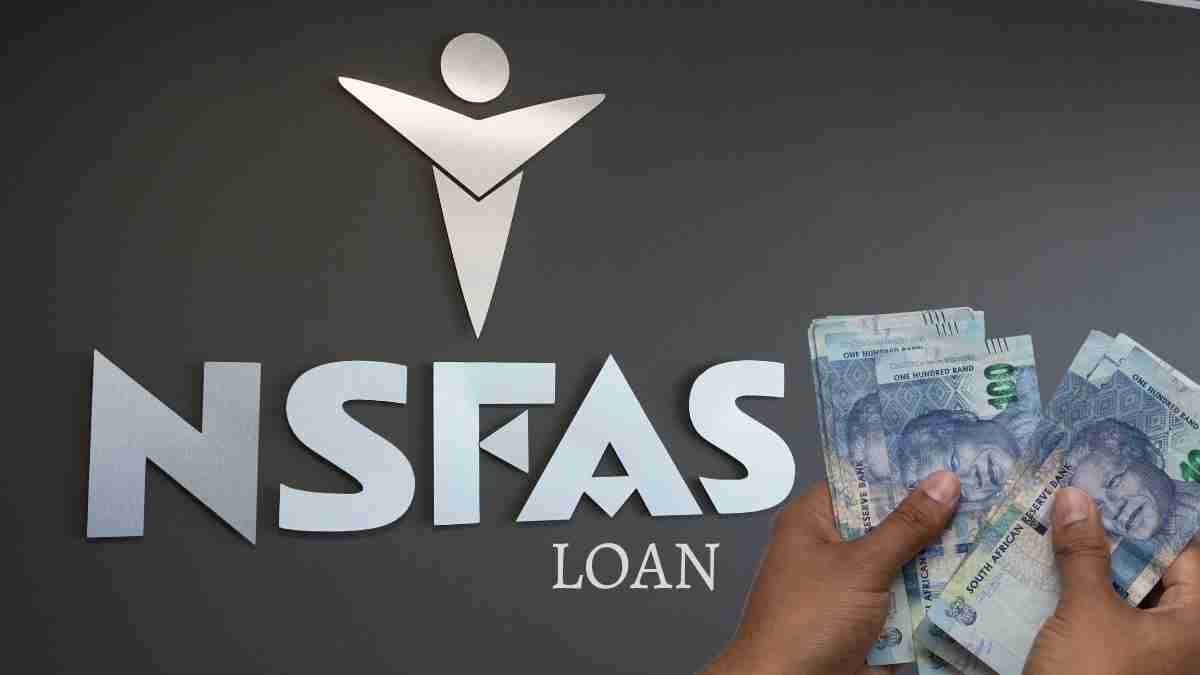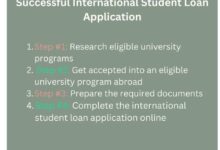NSFAS Loan Repayment and Bursary Benefits

The National Student Financial Aid Scheme (NSFAS) provides crucial financial support to South African students pursuing higher education. If you’re planning your education financing, it’s important to understand the difference between NSFAS loans and bursaries, how they work, and their benefits. This guide breaks down everything you need to know about loan repayment and bursary advantages.
NSFAS Loans: What You Need to Know
1. What Are NSFAS Loans?
NSFAS loans are financial aid that students must repay after completing their studies. These loans help cover expenses that may not be fully funded by bursaries, such as:
- Living costs
- Transport expenses
- Additional learning materials
2. How Loan Repayment Works
To make repayments manageable, NSFAS offers flexible terms, including:
- Grace Period: You start repaying 12 months after graduation or if you leave your institution.
- Repayment Duration: Payments can be spread over up to 20 years, allowing graduates to pay in affordable installments.
- Low-Interest Rates: NSFAS loans come with lower interest rates compared to commercial loans, making repayment easier.
3. Ways to Repay Your Loan
Repayments can be made through:
- Direct Bank Transfers: You can pay NSFAS directly via bank deposits.
- Payroll Deductions: If you’re employed, your employer may deduct repayments from your salary.
4. What Happens If You Don’t Repay?
Failing to repay your NSFAS loan can have serious consequences, such as:
- Legal Action: NSFAS has the right to take legal steps to recover unpaid loans.
- Credit Score Impact: Defaulting on payments can negatively affect your credit rating, making it harder to get future loans or credit.
NSFAS Bursaries: A Debt-Free Alternative
1. What Are NSFAS Bursaries?
Unlike loans, NSFAS bursaries do not require repayment. They are designed to cover essential study-related costs so that students can focus on their education without financial stress.
2. Key Benefits of NSFAS Bursaries
If you qualify for a bursary, you’ll enjoy several advantages:
- Full Coverage: Bursaries typically pay for tuition fees, accommodation, textbooks, and transport.
- Financial Relief: Since you don’t have to repay the money, you can focus on your studies without worrying about debt.
- Support for Various Fields: Whether you’re pursuing a university degree or a vocational qualification at a TVET college, NSFAS bursaries cater to different career paths.
3. Who Qualifies for a Bursary?
To be eligible, you must meet specific criteria, including:
- Financial Need: Your household income should be R350,000 or less per year (or R600,000 for students with disabilities).
- Enrollment: You must be accepted or enrolled at a public university or TVET college.
- Academic Performance: First-time undergraduate students are prioritized, but returning students may qualify if they meet the required academic standards.
Final Thoughts
Both NSFAS loans and bursaries play a vital role in helping South African students afford higher education. While loans provide flexible repayment options, bursaries offer a debt-free solution for covering study expenses.
By understanding the differences and choosing the best option for your situation, you can make informed financial decisions and focus on achieving your academic goals.
For more details, visit the NSFAS website.







